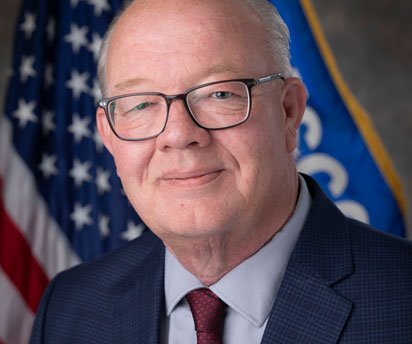Many rural school district residents don't like to talk about it, which is why the administrators in the New Glarus and Monticello school districts were particularly cautious this week when discussing an application to study the possibility of consolidation.
It is understandable why school district residents would bristle at the word "consolidation." When schools merge, communities lose some of their identity. Families can be inconvenienced by a new distance between them and their school buildings. And cities and villages can become less attractive if it no longer is home to a school.
Those are the some of the downsides to consolidation. But there can be many benefits, not the least of which is that cash-strapped districts can realize real financial savings. They also can offer their students more and enhanced courses and extracurriculars.
As New Glarus Superintendent Barbara Thompson and Monticello District Administrator Karen Ballin acknowledged in separate but similar statements this week, "any discussion of school district consolidation is a sensitive topic." Which is why they both are pointing out that their districts, along with Belleville's, have only agreed to apply for a grant to study the feasibility of consolidating. That's a lot of words in the sentence before "consolidating." There's a long way to go before it would occur.
But the districts' administrators and school boards have made the correct decisions to at least take first steps in the process.
The 2007-09 biennial state budget included money for one-time grants to school districts wishing to conduct consolidation feasibility studies. Districts apply for the grants to the Department of Public Instruction, which can award up to $10,000 to a group of schools interested in considering merging. The most recent application deadline is Friday.
New Glarus school board President Chris Bowie said he expects the districts would hear back from the DPI about the grant application within a couple of weeks.
The state grant is helpful in removing an initial deterrent school districts might have to pursuing consolidation - funding to get the process started. Then, districts have an opportunity to present real numbers and options to their residents to help communities decide what is the best course for their schools.
"No additional action, other than willingness to look at these facts and figures should be implied by our participation in the grant application," Ballin said. "Any discussion of school district consolidation is a sensitive topic, but the board has an obligation to taxpayers to look at the facts."
They do, and hopefully with a state grant they will.
It is understandable why school district residents would bristle at the word "consolidation." When schools merge, communities lose some of their identity. Families can be inconvenienced by a new distance between them and their school buildings. And cities and villages can become less attractive if it no longer is home to a school.
Those are the some of the downsides to consolidation. But there can be many benefits, not the least of which is that cash-strapped districts can realize real financial savings. They also can offer their students more and enhanced courses and extracurriculars.
As New Glarus Superintendent Barbara Thompson and Monticello District Administrator Karen Ballin acknowledged in separate but similar statements this week, "any discussion of school district consolidation is a sensitive topic." Which is why they both are pointing out that their districts, along with Belleville's, have only agreed to apply for a grant to study the feasibility of consolidating. That's a lot of words in the sentence before "consolidating." There's a long way to go before it would occur.
But the districts' administrators and school boards have made the correct decisions to at least take first steps in the process.
The 2007-09 biennial state budget included money for one-time grants to school districts wishing to conduct consolidation feasibility studies. Districts apply for the grants to the Department of Public Instruction, which can award up to $10,000 to a group of schools interested in considering merging. The most recent application deadline is Friday.
New Glarus school board President Chris Bowie said he expects the districts would hear back from the DPI about the grant application within a couple of weeks.
The state grant is helpful in removing an initial deterrent school districts might have to pursuing consolidation - funding to get the process started. Then, districts have an opportunity to present real numbers and options to their residents to help communities decide what is the best course for their schools.
"No additional action, other than willingness to look at these facts and figures should be implied by our participation in the grant application," Ballin said. "Any discussion of school district consolidation is a sensitive topic, but the board has an obligation to taxpayers to look at the facts."
They do, and hopefully with a state grant they will.





